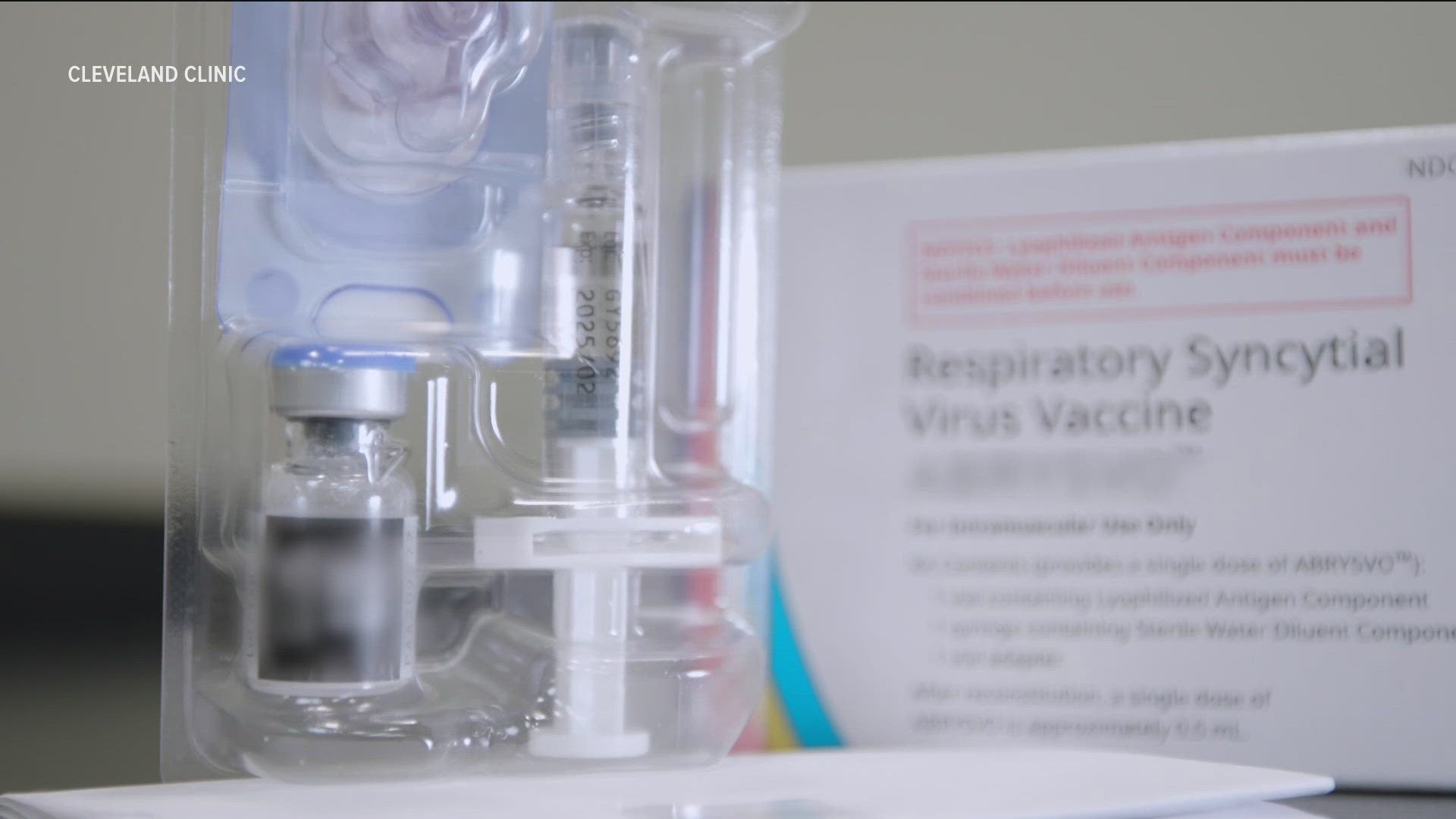BLOOMINGTON, Minn. — HealthPartners is ready for the 2024-2025 RSV season; its medical personnel began administering maternal RSV vaccines this month as recommended by the CDC.
But the hospital system says many pregnant patients have questions about the shot and are avoiding it all together.
Dr. Kristi Palmsten is senior research investigator with HealthPartners Institute and co-director of its Pregnancy and Child Health Research Center.
While the FDA in August last year approved the RSV vaccine for those between 32 and 36 weeks pregnant, Palmsten says an internal survey revealed many pregnant patients were hesitant to get the one-dose shot. She says some patients indicated they needed more information directly from their health care provider to make a decision.
"People tend to have questions when there's a newer product on the market," Palmsten said. "It just has less safety data available, although the evidence that are available are reassuring in terms of safety and effectiveness."
The original clinical trial, for example, did not include any lactation-related data or long-term infant and child health effects, she says. Now though, HealthPartners has new funding to gather that information and more.
"The award is from the Eunice Kennedy Shriver National Institute of Child Health and Human Development and it's for $3.4 million to study the prenatal RSV vaccine in relation to birth outcomes, lactation-related outcomes and child health outcomes up to age three," Palmsten explained.
Palmsten said she could not comment whether the 2024-2025 vaccine is the same as what the FDA approved last year, but says the new research should help answer other patient questions.
In the 5-year study, researchers will collect data from electronic health records at HealthPartners and a few other healthcare systems nationwide.
"Data that's routinely collected at infant, well-child visits and postpartum visits," Palmsten said. "The evidence will help patients make up their mind about whether or not they want to receive it."
The grant comes as RSV remains the leading cause of infant hospitalizations in the U.S.
So far, researchers say the RSV vaccine creates antibodies that are passed from pregnant person to fetus, protecting it against severe infection. In many cases, the protection can last up to six months after the baby is born.
"Vaccination during pregnancy is shown to have 69% efficacy against severe RSV in the infant up to six months," according to a HealthPartners press release.

